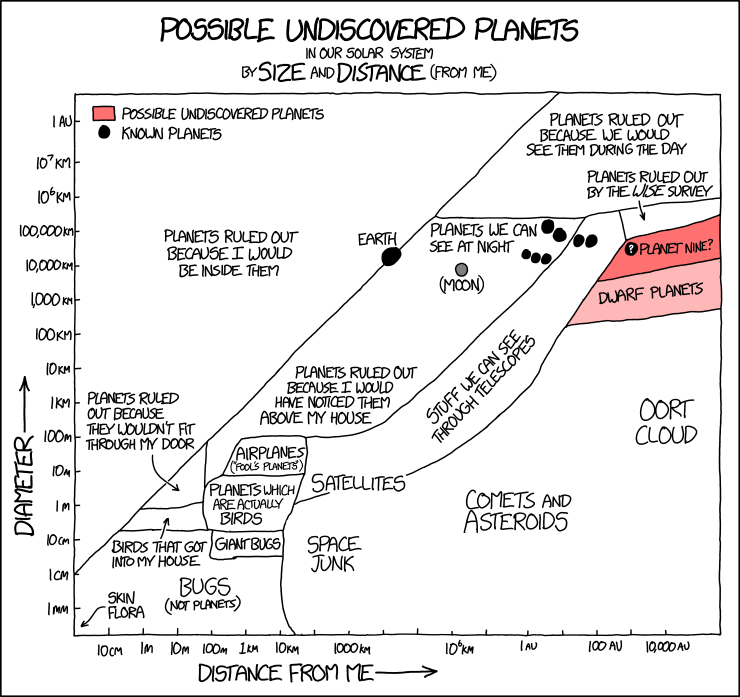So, because I got bored, I cross-referenced a bunch of fitting names largely from the Roman pantheon with a list of names for existing asteroids, an grouped them into two categories of names for existing asteroids and unused names.
Used
Janus
Juno
Hekate
Cerberus
Kerberos
Nyx
Ceres
Vesta
Minerva
Diana
Proserpina
Ops
Flora
Victoria
Salacia
Chaos
Unused
Erebus
Tenebra
Caligo
Nox
Hecate
Trivia
Caelus
Vulcan
Hercules
Discordia
Faunus
Silvanus
Silvan
Priapus
Tartarus
Somnus
Liber
Libertas
Quirinus
Nihil
Used
Janus
Juno
Hekate
Cerberus
Kerberos
Nyx
Ceres
Vesta
Minerva
Diana
Proserpina
Ops
Flora
Victoria
Salacia
Chaos
Unused
Erebus
Tenebra
Caligo
Nox
Hecate
Trivia
Caelus
Vulcan
Hercules
Discordia
Faunus
Silvanus
Silvan
Priapus
Tartarus
Somnus
Liber
Libertas
Quirinus
Nihil





